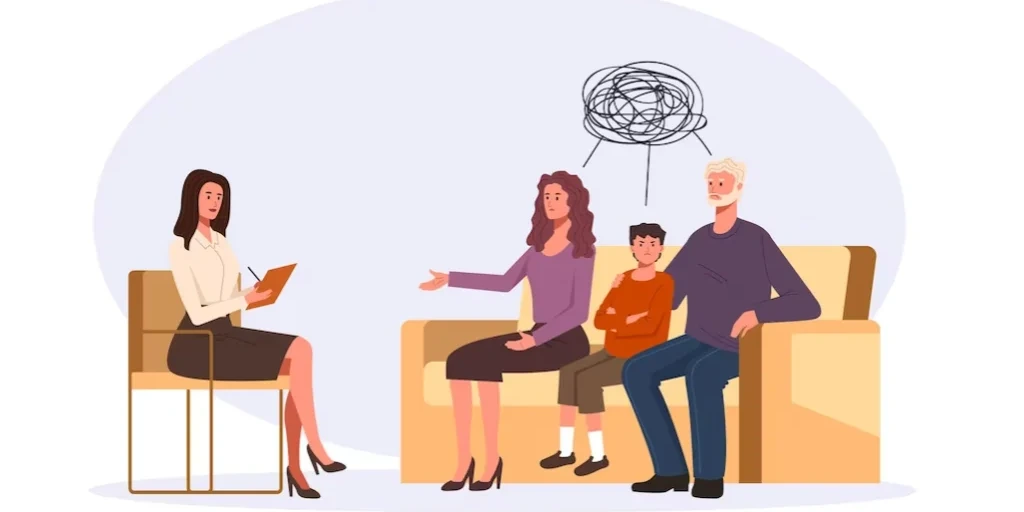24/7 Helpline:
(866) 899-111424/7 Helpline:
(866) 899-1114
Learn more about Ecstasy Rehab centers in Bellevue
Ecstasy Rehab in Other Cities






CHI Health Psychiatric Associates
CHI Health Psychiatric Associates is a private rehab located in Papillion, Nebraska. CHI Health Psyc...

























































Heartland Family Service
Heartland Family Service is a private rehab located in Papillion, Nebraska. Heartland Family Service...

ABH Addiction and Behavioral Health Services
ABH Addiction and Behavioral Health Services is a private rehab located in La Vista, Nebraska. ABH A...

















Other Insurance Options

Health Choice

BlueShield

State Farm

Cigna

Private insurance

Magellan

Providence

CareFirst

Magellan Health

Molina Healthcare

Optima

MHNNet Behavioral Health

AllWell

Amerigroup

Ambetter

American Behavioral

Horizon Healthcare Service

Medical Mutual of Ohio

Ceridian

Choice Care Network